Mansha Pasha's latest PSA encourages men to be better partners in parenting
This summer we saw her on the big screen in Chalay Thay Saath, now actress Mansha Pasha is directing a six-part series with Elaj Trust (an organisation run by lawyer and rights activist Jibran Nasir) making public service announcements to be released every month till January.
Her newly released PSA tackles a topic we don't talk about much: post-partum depression. It's her second directorial venture in the series and her career. The 29-year-old actress says she wants to cover topics that are taboo in Pakistani society and are rarely talked about.
Images: What so you think makes a PSA effective? Can you explain it in the context of the one you recently directed?
Mansha: I am trying to make the PSAs narrative driven with an emotional tug at the core. I think that to make a PSA relateable and effective, your viewer needs to be able to establish a basic emotional connection.
So instead of having talking heads, we've tried to make the PSA more personal. Having just celebs in PSAs as talking heads without a narrative can also work ─ but I personally feel that, many times, the viewer leaves with the celebrity's image in mind instead of the message.
If you're unable to empathise and experience what's being shown, you won't understand or grasp the gravity of the issue.
Also, in the PSAs, we're trying to have a character who becomes a role model.
So for example, with postpartum depression, we have shown how the life experience of a woman changes before and after the pregnancy, and how the husband can step in to comfort the wife.
Because of lack of awareness about postpartum depression in Pakistan, most husbands and households burden the new mother who is already stressed out, carrying the guilt as she is uninterested, lethargic and struggling to bond with her child.
Also read: I thought Postpartum Depression would never happen to me; I was wrong
So in our PSA, we have tried to show how the husband cares for his partner and pacifies the child's 4am wailing. He is the role model for men to be better partners and participate in the parenting experience.
Images: How do you think the television industry can do better as far as women's issues are concerned?
Mansha: You know, they say television is a women's medium in Pakistan. The stories are centred around female characters. But there's hardly any mention of things that affect us in our real lives.

The characters are always modelled after the typical achi larki expectation of the Pakistani society. You hardly come across characters taking a stand on social issues ─ a huge reason why none of my past work reflects that. This PSA was the first time I did something as an artist on a social issue.
Images: Can you tell us about some of the challenges you've faced in your field?
Mansha: As an actor, I think a lot of us struggle with the pressures of looking perfect all the time, I mean, at least I do. You know, the expectation that Hum har waqt pyaray pyaray lagain (we must always look pretty). And that's just so impossible ... woh nahi hota!
Also, I don't want my looks to become my identity. I want fellow actresses to speak up more... mostly everybody is just fulfilling the static expectations ... that we should look a certain way, act a certain way and not voice our opinion...

Images: You mean like what they showed in the Kangana's Bollywood Diva song?
Mansha: Yes! Oh my God I related so much to that song! That's exactly what happens. Female actors are ignored when they point something out but when a man says the same thing, it suddenly becomes so profound.
Which is why I think, for any female entering the industry, whether as a filmmaker or as an actor, finding your own voice in male-dominated environments is the biggest challenge.
Examine: Dear Pakistani men, here's how you can support women in the workplace
Being in the field exposes you to so much more than what you learn in college about it.
The men pass lewd comments and you don't know how to react. They look at you as a woman, not a professional. As a director or someone in a higher position, they don't mess with you but when you're new, you feel scared. Because if you don't react the way they're expecting, they try to sabotage your reputation, accuse you of having a bad work ethic or not being a cooperative team member.

I think I learned a lot more as a line producer than as an actor. However, with time, as you progress in your career, you learn how to deal with the people in the industry ─ all sorts of them.
Images: Aside from sexism, what other challenges you think the young talent in the industry faces?
Mansha: I have noticed a lot of people who have established themselves in the industry grow insecure as they progress in their careers, which I find really ironic. I feel like they could be a lot more inclusive and accepting instead of feeling threatened by the newcomers. There is so much to learn from our seniors.
Like when I come across an 18 or 19-year-old actress, I try to bond with them and make the experience fun for the both of us.
Images: What is something you think the young filmmakers could work on?
Mansha: I feel like young filmmakers need to have an open-minded approach. Just because you are the director does not mean you are above a task. If someone hasn't completed the task ─ like picking up a hard disk ─ for whatever reason, you must step up and get the job done. No job is too small, even at big productions, I've seen directors moving around furniture themselves. You have to be humble and a team player.
Images: You seem to have a drive to work for social causes. Where does it come?
Mansha: Well, I come from a family of doctors and lawyers ─ my mother is a retired doctor who's doing social work nowadays. So social consciousness was instilled in me at a young age.









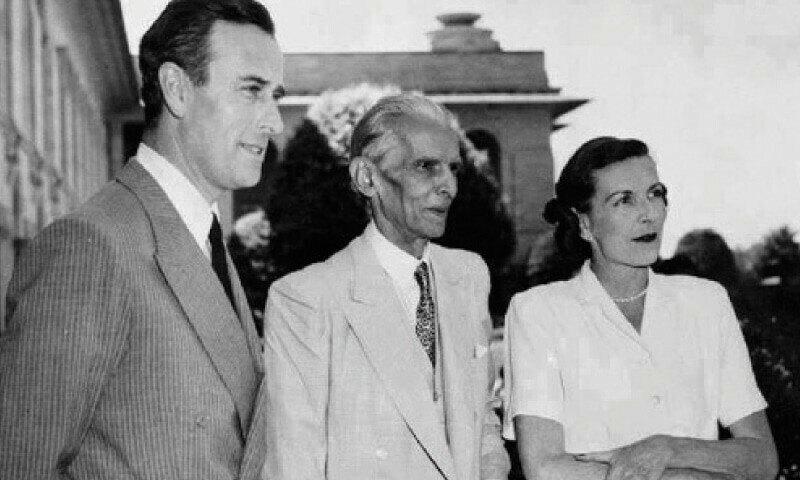

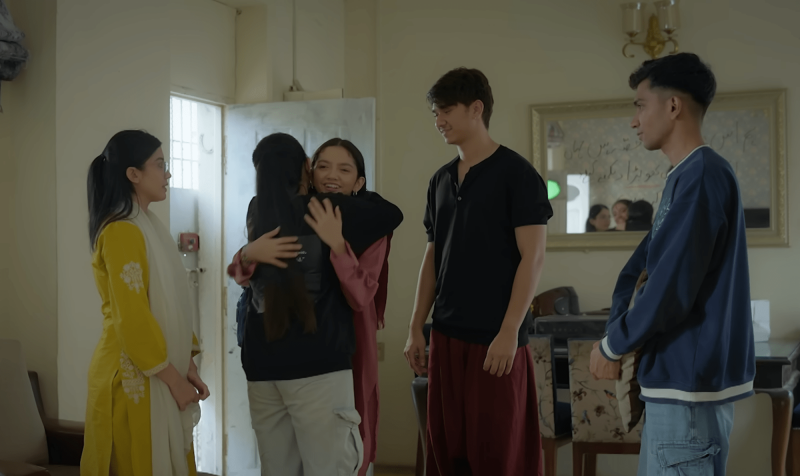

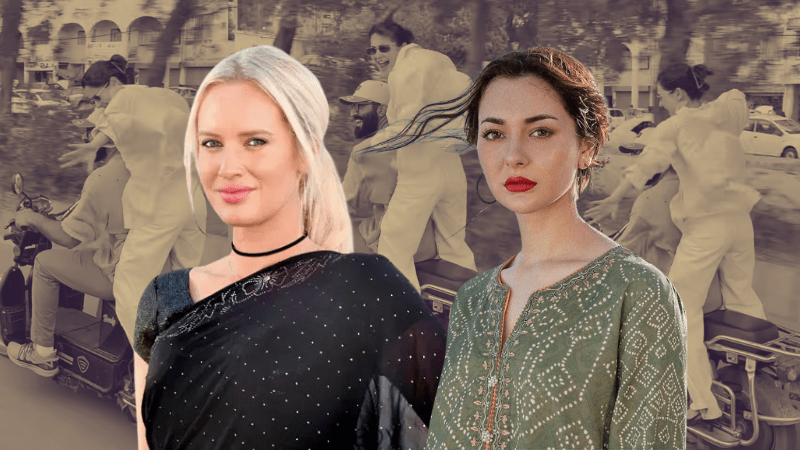
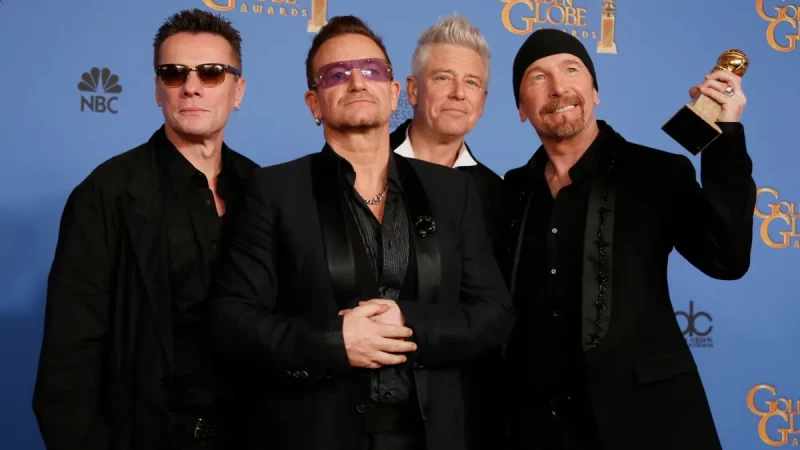
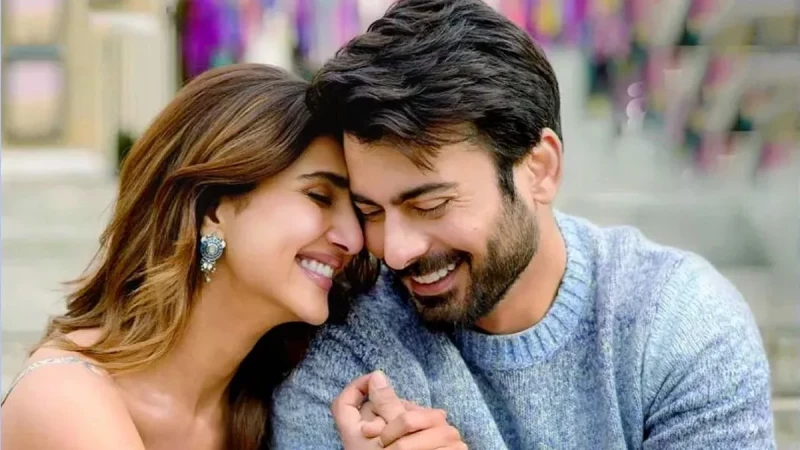
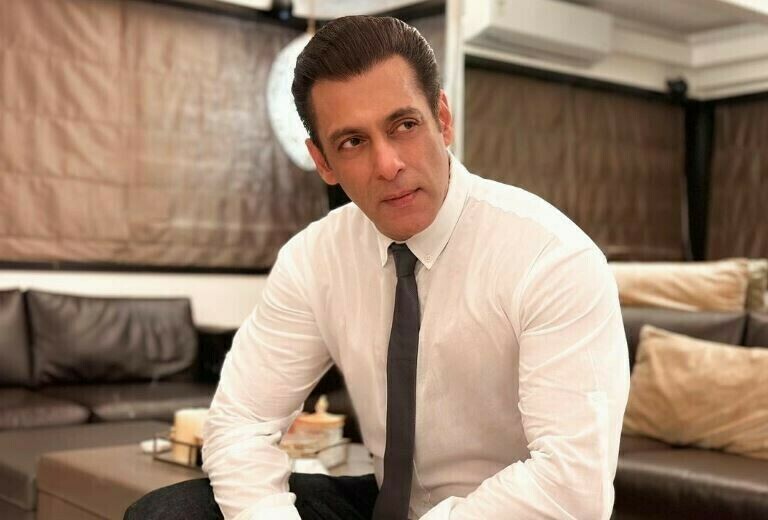
Comments